5 Spicy Secrets of New Mexico Cuisine: A Flavor-Packed Journey from Chimichangas to Green Chile Stew
Welcome, spice lovers and culinary explorers! Today, we’re diving headfirst into the sun-baked, chile-drenched world of New Mexico cuisine. Known for its bold flavors, vibrant colors, and a deep-rooted respect for native ingredients, New Mexican food is more than just a meal — it’s a way of life.
In this article, we’ll uncover five essential tips and tricks for mastering traditional New Mexico recipes. Whether you're a seasoned pro or a curious kitchen newbie, you’ll walk away with new techniques, flavor secrets, and maybe even a few chile burns (the good kind). So grab your skillet, your favorite green chile, and let’s get cooking!
Table of Contents
- Why Green Chiles Are the Soul of New Mexico Cooking
- Essential Ingredients That Define New Mexico Dishes
- How to Make Authentic Salsas Like a Local Abuela
- Secret Techniques to Elevate Your Home-Cooked Stew
- Spice Up Your Palate: Perfect Pairings & Serving Tips
1. Why Green Chiles Are the Soul of New Mexico Cooking
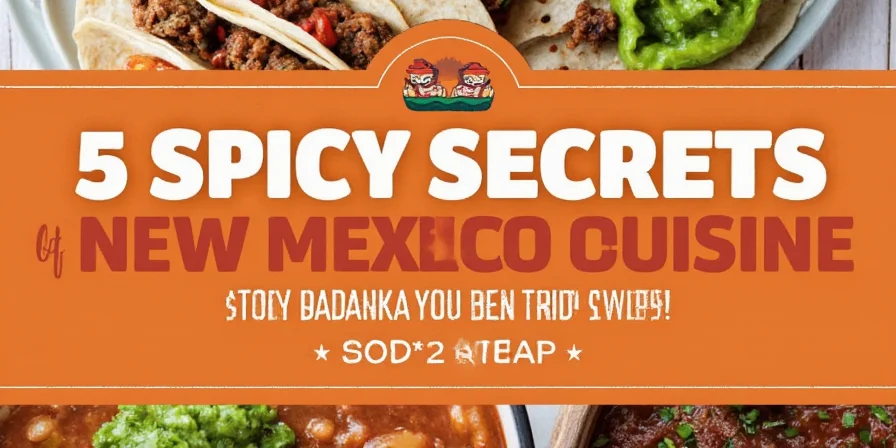
If there’s one ingredient that defines New Mexico cuisine, it’s the beloved green chile. But not all chiles are created equal — especially here.
Let’s break down the basics:
| Type | Flavor Profile | Heat Level (SHU) | Best For |
|---|---|---|---|
| Hatch Green Chile | Smoky, vegetal, slightly sweet | 2,500–8,000 | Stews, enchiladas, sauces |
| Poblano | Earthy, mild | 1,000–2,000 | Rellenos, salsas |
| Jalapeño | Grassy, spicy | 2,500–8,000 | Salsas, tacos |
Pro Tip: Roast Your Chiles Like a Pro
You haven’t truly tasted a green chile until you’ve roasted it yourself. Here’s how:
- Place whole chiles on a baking sheet under the broiler.
- Turn frequently until blistered and blackened in spots.
- Immediately seal them in a bowl or paper bag to steam for 10 minutes.
- Peel off the skins, remove seeds if desired, and finely chop or blend.
2. Essential Ingredients That Define New Mexico Dishes
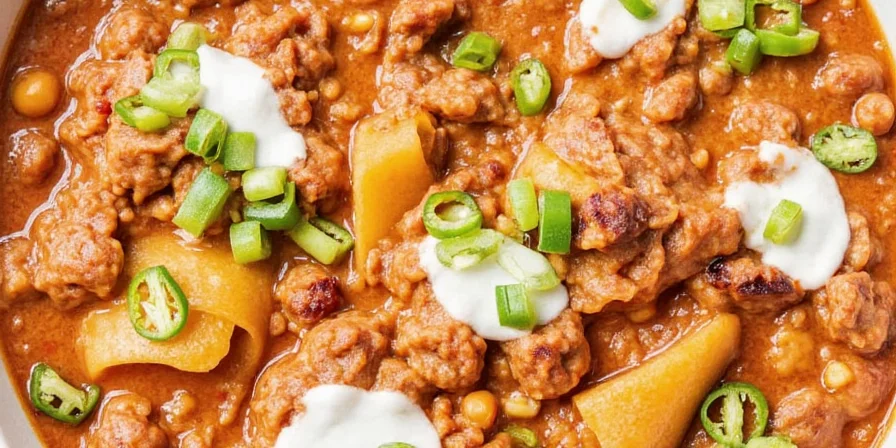
New Mexico cuisine isn’t just about the heat — it’s about harmony. The region's unique agricultural heritage means each dish tells a story of land, tradition, and community.
Here’s your cheat sheet to must-have pantry staples:
- Corn tortillas: Always warm them before use — it brings out their natural sweetness.
- Blue corn: Adds visual flair and a nutty depth to tortillas and masa-based dishes.
- Posole corn: Puffed kernels used in hearty soups and stews.
- Goat cheese (queso fresco): Salty and crumbly, perfect for sprinkling over enchiladas.
- Red chile powder: Sun-dried and ground, it gives New Mexico red sauce its signature richness.
- Onions & garlic: Base notes in nearly every recipe, so don’t skimp!
Pro Tip: Don’t Underestimate Dried Chiles
Dried red chiles bring complexity and depth that fresh ones can’t match. Rehydrate them by soaking in hot water for 20 minutes before blending into sauces. Add a splash of vinegar or lime juice to brighten the flavor profile.
3. How to Make Authentic Salsas Like a Local Abuela
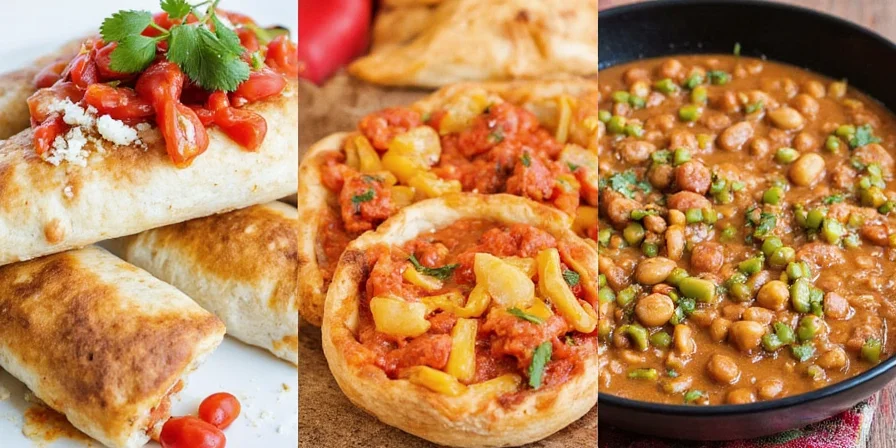
A New Mexico table without salsa is like a taco without a tortilla — unthinkable! Let’s talk about the holy trinity of salsas:
- Green Chile Salsa: Made from roasted Hatch chiles, onion, garlic, and cilantro. Perfect for drizzling over anything.
- Red Chile Salsa: Thick, smoky, and slightly sweet, made from dried ancho or pasilla chiles.
- Tomato-Based Salsa: Tangy and zesty, often called “Mexican-style” but still a staple.
Pro Tip: Texture Matters
For true authenticity, use a molcajete (volcanic stone mortar) to crush your ingredients. If you don’t have one, pulse everything briefly in a blender — keep it rustic, not smooth!
4. Secret Techniques to Elevate Your Home-Cooked Stew
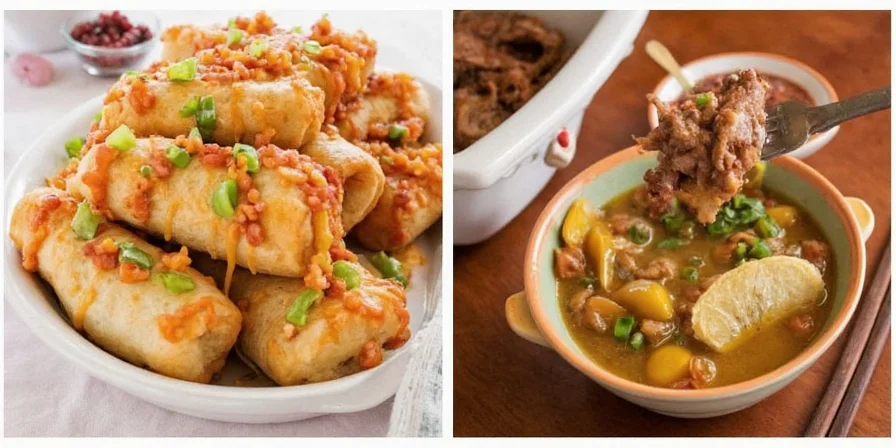
New Mexico green chile stew is the ultimate comfort food. But making it taste like it came from a local diner takes a little know-how. Here’s how to nail it:
- Brown the meat first: This builds deep, savory flavor. Use pork shoulder or chicken thighs for best results.
- Add masa or flour: For thickening. Masa adds an earthy touch; flour makes it creamier.
- Simmer low and slow: At least 30 minutes. Let the flavors meld together like a delicious family reunion.
- Finish with a squeeze of lime: Brightens up the rich, peppery base.
Pro Tip: Toast Your Spices
Before adding any spices to the pot, toast them in a dry pan for 30 seconds. Cumin, oregano, and garlic powder will sing with newfound depth!
5. Spice Up Your Palate: Perfect Pairings & Serving Tips
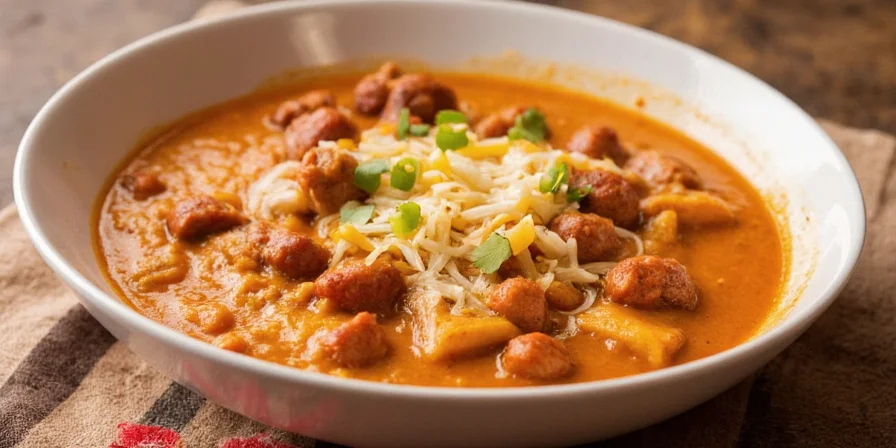
What’s a great New Mexico dish without a proper sidekick? Here’s how to build a balanced plate:
- Beans or posole? Try both! Refried pinto beans are creamy and comforting, while hominy-based posole adds texture.
- Rice: Cook it in broth instead of water for added flavor.
- Tortillas: Corn or flour? In New Mexico, both are acceptable — just make sure they’re warmed properly.
- Drinks: Serve with horchata, agua de jamaica, or a cold beer like a lager or IPA to cut through the heat.
Pro Tip: Say ‘Yes’ to Condiments
Don’t forget to offer additional toppings like diced onions, chopped cilantro, crema, and shredded cheese. Letting guests customize their plates adds a personal touch!
Conclusion
From the crackle of roasting chiles to the warmth of a handmade tortilla, New Mexico cuisine is a celebration of culture, climate, and creativity. It’s more than just spicy food — it’s a culinary philosophy rooted in simplicity, seasonality, and soul.
Now that you’ve got these essential tips in your spice arsenal, go forth and experiment. Whether you're serving a weekend brunch or hosting a fiesta for friends, these recipes will transport your taste buds straight to the Land of Enchantment.
Stay tuned for Part II: Exploring the Red vs. Green Debate — Which Side Are You On?

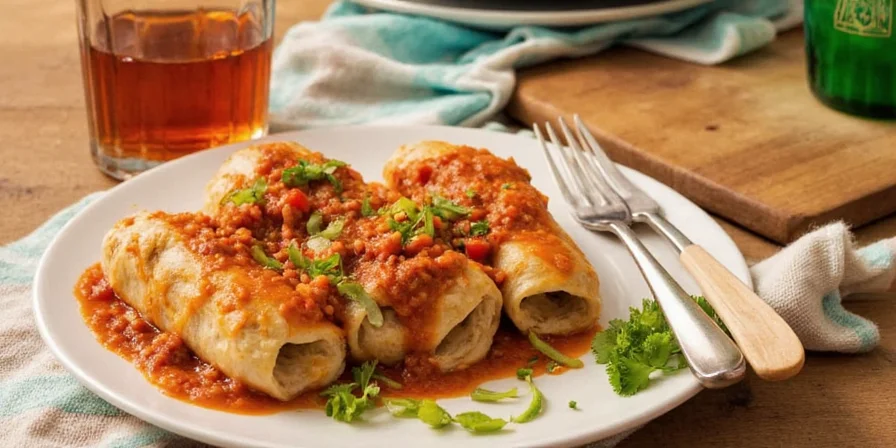









 浙公网安备
33010002000092号
浙公网安备
33010002000092号 浙B2-20120091-4
浙B2-20120091-4